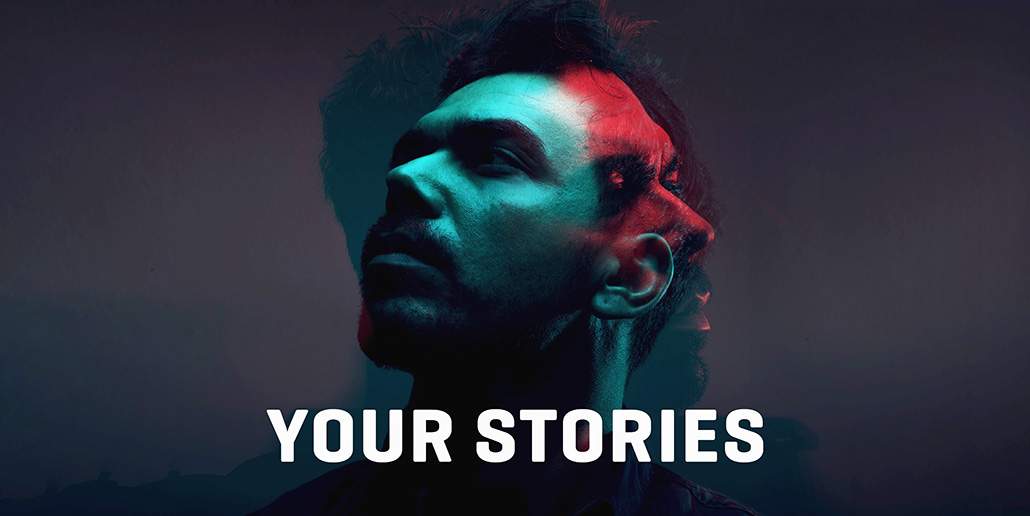
Gray's Story
Gray shares his story of how problem-solving and reaching out to friends helped him to confront his struggles and find renewed purpose.

Gray shares his story of how problem-solving and reaching out to friends helped him to confront his struggles and find renewed purpose.
"I took inventory of my feelings, came up with a path to get better, and took the risk to share all of that with a friend."
I am an author, former attorney, and advocate for men’s mental health awareness. I play the piano, read, and play with Lego. I am also a decorated military veteran, having served as a cryptologic linguist in the US Navy. I was active duty in the Navy during the don’t ask, don’t tell era, and that added additional stress to an already stressful job. I was expected to serve my country yet suppress any part of myself that others might deem unacceptable. Doing what was expected with no resources for help, over time, led to layers of depression.
Most days were focused on mustering the strength to fake being okay while still doing my job. Not to mention the tasks of daily living. Like most men with depression, I had good days and bad days. But the bad days start to outweigh the good. Thoughts of harming myself were persistent at times and it took so much additional effort to resist that.
The depression followed me as I eventually left the military and completed my PhD. A series of bad relationships and the ongoing feeling that I had to hide how I was really feeling just made the depression take a firmer hold. I was fortunate to find someone to talk to. Someone to help identify the pain and figure out a path to get out of the dark pit. Out of desperation, I confided in a friend who helped me find the resources I needed. My life now is great. And those days are long behind me. When I do occasionally get down, I know what to do to help myself.
That’s what I like so much about HeadsUpGuys. They provide the tools that men need to fight those things that society has consistently told them to suppress and hide. My journey would have been better if I had had the appropriate resources years ago.
At my worst, getting through difficult days meant going through a fast-food drive-thru and ordering two burgers and fries. I would eat in my car and cry. Then I would get myself together and go back to work as if nothing was wrong. I was in a bad relationship, had a stressful job, and over-extended on credit. Getting through the evenings frequently involved alcohol and prescription drugs. One day I caught a glimpse of myself in the mirror and realized that I could not continue with these behaviors. I was killing myself slowly. This is when I learned that depression-related suicide is not always what people typically think. My job involved a lot of problem-solving. So, I applied that skill to my own situation. I took inventory of my feelings, came up with a path to get better, and took the risk to share all of that with a friend.
Talk to someone. You are not alone, and it gets better – a lot better. If not a friend, then find another resource. There are many out there.
– Gray Taylor, Albuquerque, New Mexico, USA
Linktr.ee![]()
Too many men suffer in silence. Become a peer supporter for the men in your life.
In this four-part course (15–20 min each), you’ll learn what effective peer support looks like, how to show up for others, and how to stay grounded while doing so.